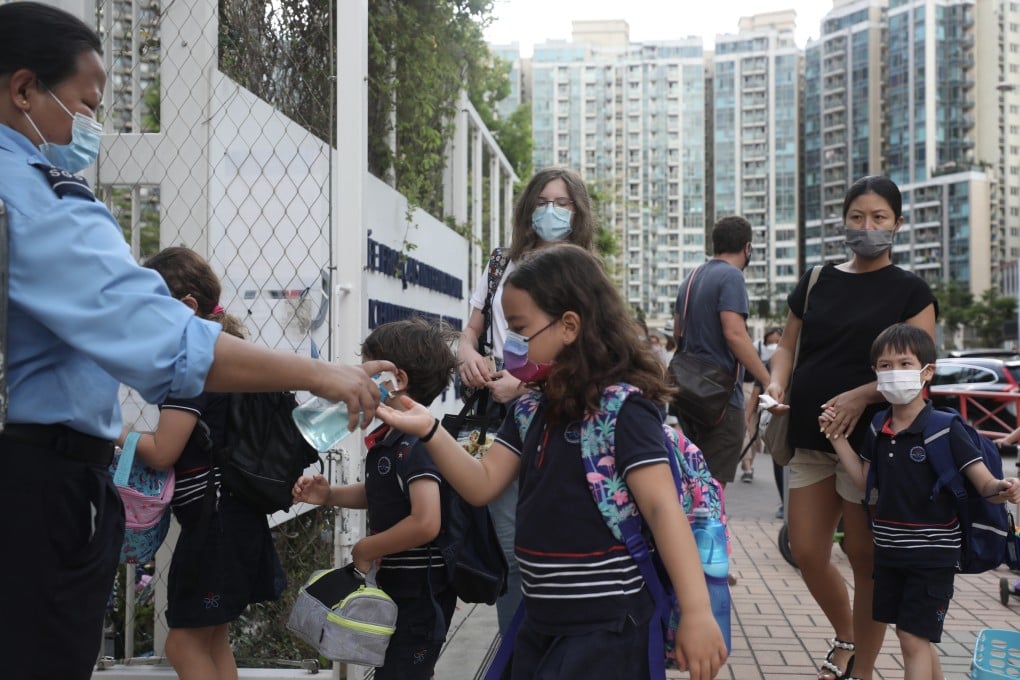How much has remote learning damaged Hong Kong students and how quickly can the damage be undone? Teachers talk about the harm and how they’re helping the healing
- Primary and secondary school students have had more than two years of on/off remote learning as opposed to Western countries’ schools that shut for only a few months
- Younger students missed out on key developmental milestones, while special educational needs (SEN) students suffered by not having direct access to their teachers

Remote learning brought on by the Covid-19 pandemic has been a massive stressor for Hong Kong’s parents, teachers and students, and an issue of great controversy.
Hong Kong’s primary and secondary school students have had nearly three years of on/off remote learning – as opposed to most Western countries where schools were shut for only a few months. The government has said closures were necessary to help stop the spread of the disease via cross-infection. However, many parents, teachers and school administrators have argued that the perceived marginal reduction in case numbers has not been worth the detrimental effects remote learning may have on students.

Problems caused by school closures
School closures may be closely correlated with Hong Kong’s recent spike in mental health crises. The city is known for its exorbitant property and small living spaces. Children having to learn from home at the same time as parents needing to work from home has created a highly stressful, claustrophobic environment for many families.
Unsurprisingly, some parents of international school students paying significant fees to ensure their children receive a world-class education felt they were no longer getting their money’s worth.
For secondary school students, remote learning has been correlated with increased stress and digital addictions. But for younger students, negative effects may have been even more pronounced, due to missing out on key developmental milestones that come about through physically playing with other (unmasked) students. Special education needs (SEN) students of all ages have suffered greatly by not having direct access to SEN teachers and teaching assistants who cater to their learning needs.
